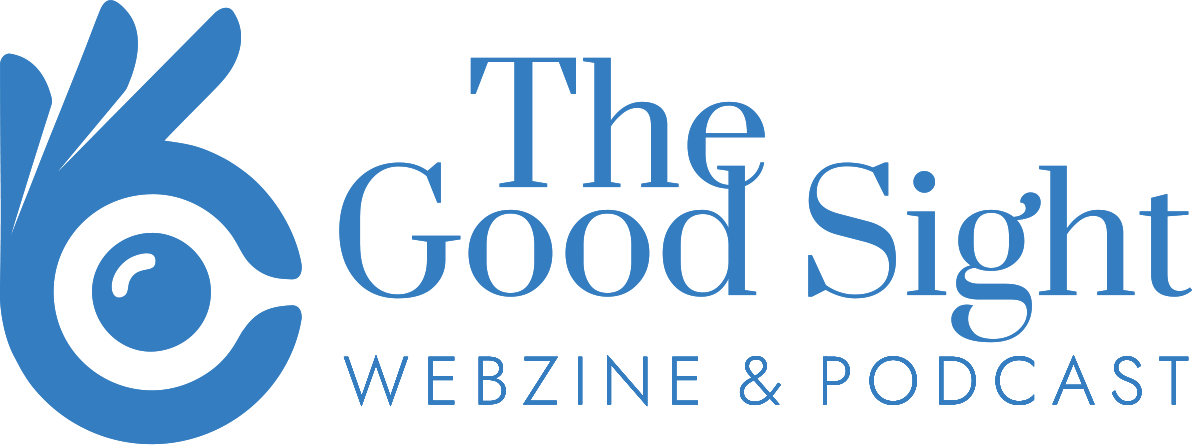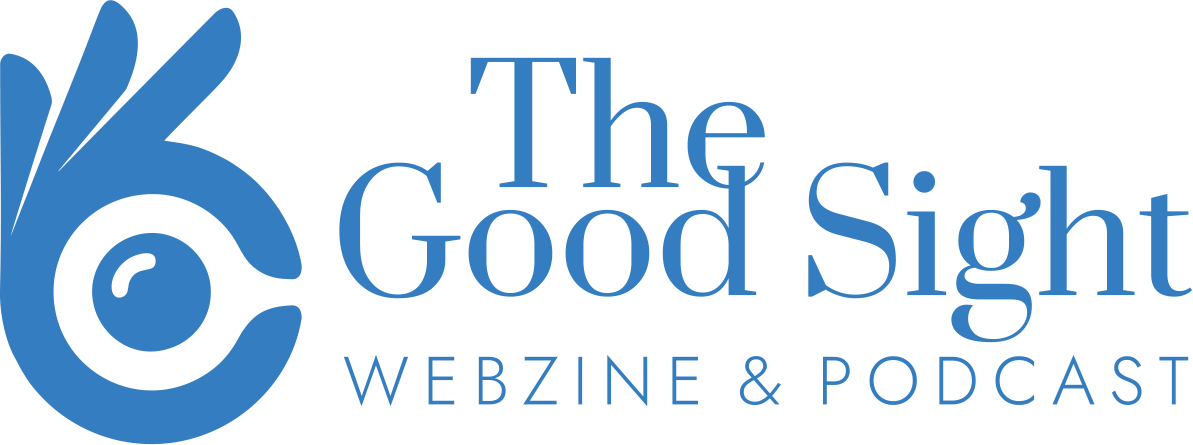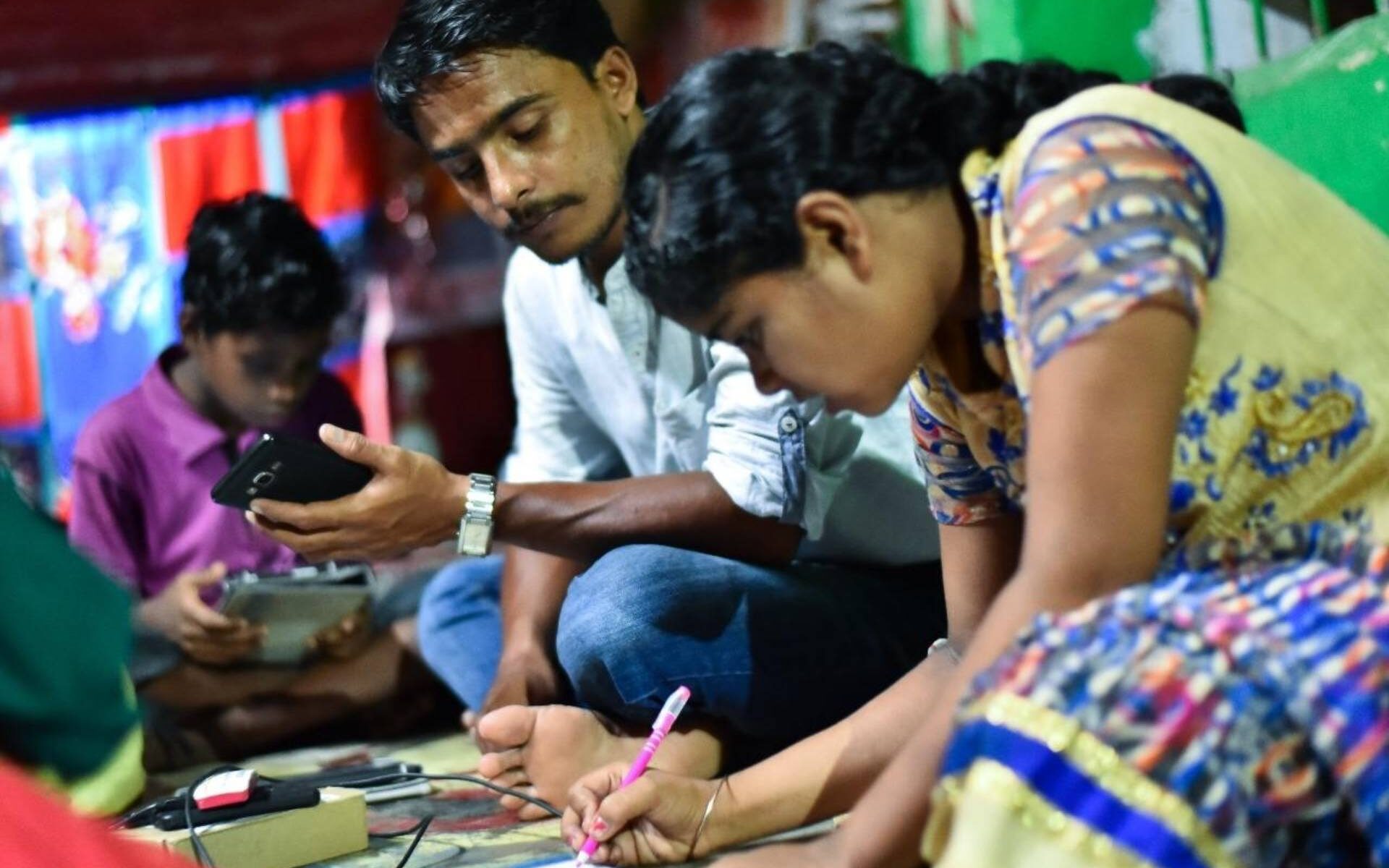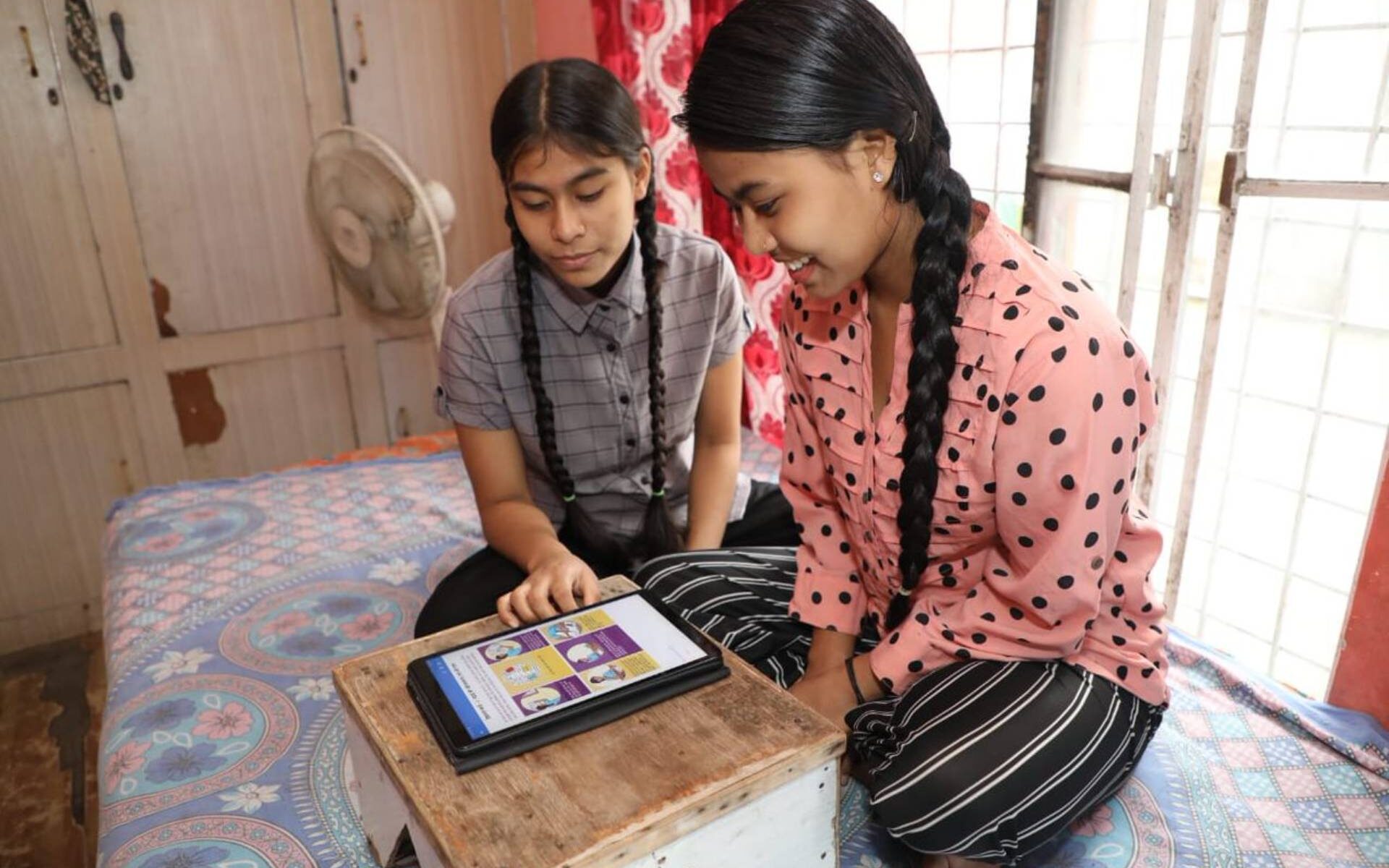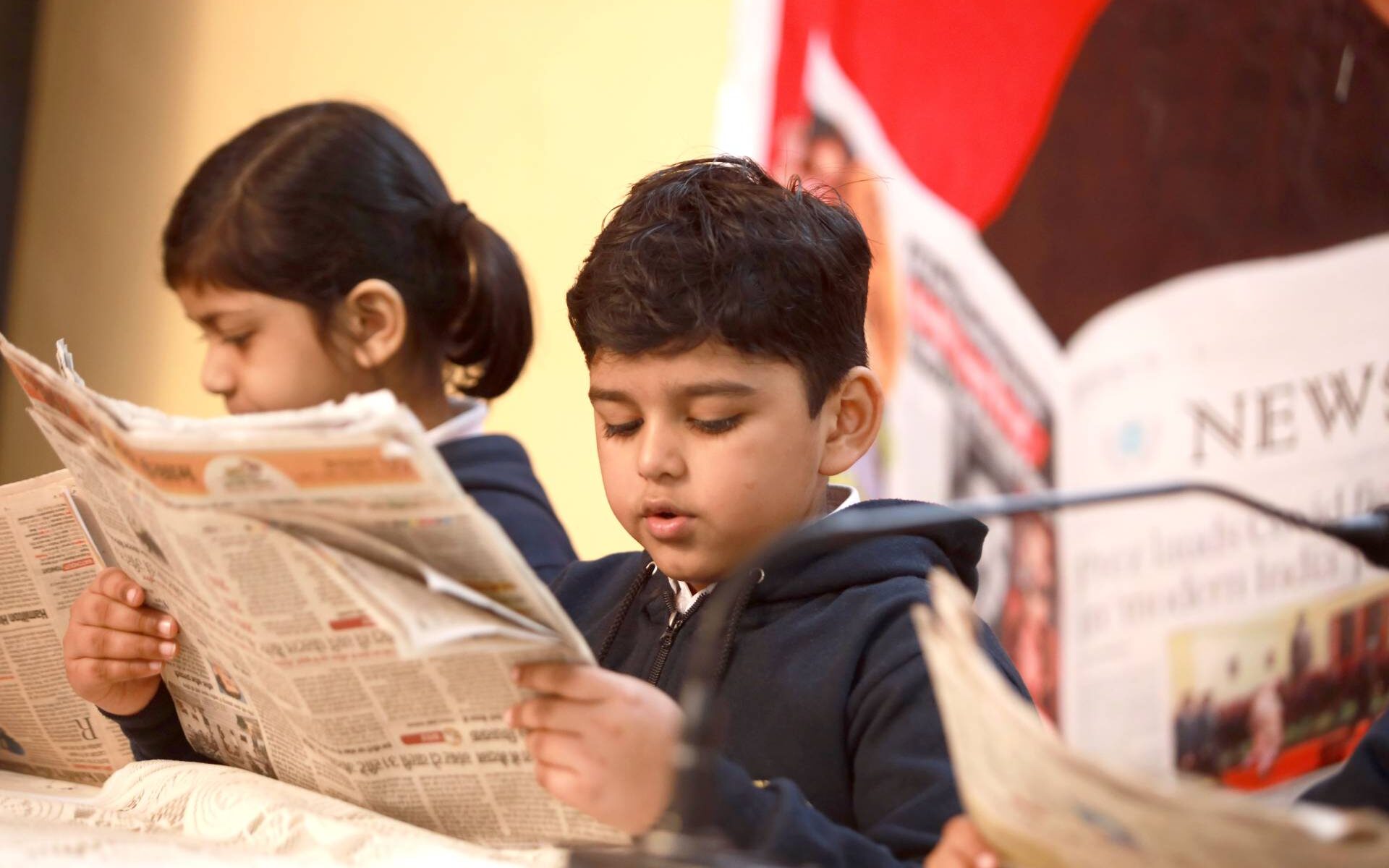With the right opportunity, anyone, anywhere can be a changemaker
Founded in 2019, M3M Foundation, the philanthropic arm of M3M Group is working towards bringing an equitable development that helps in attaining a brighter India. M3M Foundation envisions growth and development by ensuring the resources required for marginalized communities where everyone is empowered and equipped to reach their maximum potential.
Following the values of equality, empathy, inclusion, collaboration, and trust, and with the vision of economic empowerment of the marginalized communities for sustainable development, the Foundation is determined to bring development across all sections of the society. The Foundation will achieve the same by empowering them to plan, implement, monitor, and contribute to sustainable community development projects in the thematic areas of education, health, livelihoods, and environmental conservation that ensure holistic growth and support innovative ideas, various government initiatives and proactive steps in the developmental regime.
Mashaal
In the initial phase of this year, M3M Foundation has offered its ‘Mashaal’ fellowship to four young and dynamic organizations working towards the development of various social issues in different parts of the nation
These past years brought many new challenges along with the global pandemic, which has rendered the deep-rooted problems of our society and made them all the more prominent. While these challenges have upended our lives in many ways, they also brought new opportunities for us to reflect upon, evolve, and grow. The Foundation is seeking to rebuild systems to be more resilient, sustainable, and just.
M3M foundation firmly believes in encouraging and supporting the individual or group of individuals by having an idea that aims to bring a sustainable change in society with the help of social innovation. The Foundation provides the youth with an opportunity to work in order to bring about a sustainable and scalable change by working along the lines of 17 Sustainable Development Goals (SDGs) as defined by the United Nations.
Change-making in the social domain is widely debated and considered a topic of utmost importance wherein all efforts to find solutions to different social, cultural, and environmental challenges faced by various sections of society. The focus of change-making is on being more collaborative, strategic, and sustainable in how accessibility and opportunity can be provided to people to contribute towards their growth and development.
Under the program Mashaal, opportunities have been provided for building sustainable social projects by solving various problems and issues. Mashaal also has the potential to create more changemakers which would be aligned with the Sustainable Development Goals of 2030.
An individual or team working in the areas of education, health, environment, livelihood, or any other social issue was given an opportunity to present their idea; be it a product, service, or model in front of an expert panel and the best was provided the grant of Rs 5 lakh to implement their innovation or expand their current work. Every year M3M Foundation will provide a grant to a maximum of 10 “Out of Box Thinkers” to support them and encourage more youngsters to pursue their dreams to bring an equitable change in society.
In the initial phase of this year, M3M Foundation has offered its Mashaal fellowship to 4 young and dynamic organizations working towards the development of various social issues in different parts of the nation.
- Vijayalakshmi & Palak, Founders, Saday Sadev: Working towards normalizing ‘Mental Health’ in the health domain and eradicating the taboos surrounding the above. Saday Sadev is aiming at creating a nationwide online platform for their motive. They’re aiming at providing mental health support to at least 800 individuals this year.
- Ratnakar Sahoo, Founder, Ashayen: Working towards empowering street children of Bhubaneswar, Odisha through learning and education. Ashayen is diligently putting in efforts to ensure that education for every child living on the street is availed by connecting them to the mainstream education system. Aashayen has catered education to more than 500 street children.
- Surendra, Founder, Earth Rakshak Foundation: Working towards improving solid waste management in two villages of Anand and Vadodara, Gujarat. Earth Rakshak Foundation works towards ensuring the reduction of the amount of waste by improving the solid waste management through a community participatory model, decreasing the greenhouse gas emissions. Earth Rakshak is targeting to improve the solid waste management of 1,000 waste-producing units across two villages in Gujarat.
- Rameshwar Walkikar, Founder, Technoshala Foundation: Working towards increasing the usability of digital learning resources spanning 6 government schools in Nandurbar district, Maharashtra. The prior agenda is to deploy the digital infrastructure in the aforementioned number of government schools in the form of digital classrooms, hence improving the learning outcomes of the students.Technoshala currently is aiming at facilitating this to about 500 students and 17 teachers in 6 different government schools inthe Nandurbar district.
Since these are individuals who’ve just started out, they lack resources, expertise, and the right kind of exposure to the professional network. But what they do possess is an impeccable understanding of the social issue that they’re specifically dabbling into. There is a lot of zeal and flair that they hold in order to execute their innovative techniques and methodologies with grace. Now, this is exactly where an organization like M3M Foundation would be of utility and value in addition to putting elements of the respective social innovations into practice with utmost efficiency and precision. Through the course of the fellowship, it isn’t just financial support that M3M Foundation is looking into but also non-monetary support such as strategy building, project support in implementation and evaluation, monitoring, pitch preparation to donors, paving a path towards self-sufficiency and organizational independence. Through the Mashaal Fellowship, M3M Foundation is targeting to support the aforementioned organizations through the following SDGs: SDG 3, SDG 4, and SDG 12 & SDG 13 respectively.
“Change making is very essential for not just today but for generations to come. It drives the whole idea of sustainable development and helps give it a unique take on how to utilize and implement resources in a systematic manner. Our ambitious program “Mashaal” has been meticulously designed for taking the concept of social innovation forward.”
Dr. Payal Kanodia
Trustee
M3M Foundation
“Social innovation is not just a mere element to bring a change, it is a moral responsibility that each individual of our globe should take up and sincerely work towards it.”
Shree Basant Bansal
Lifetime Trustee
M3M Foundation
